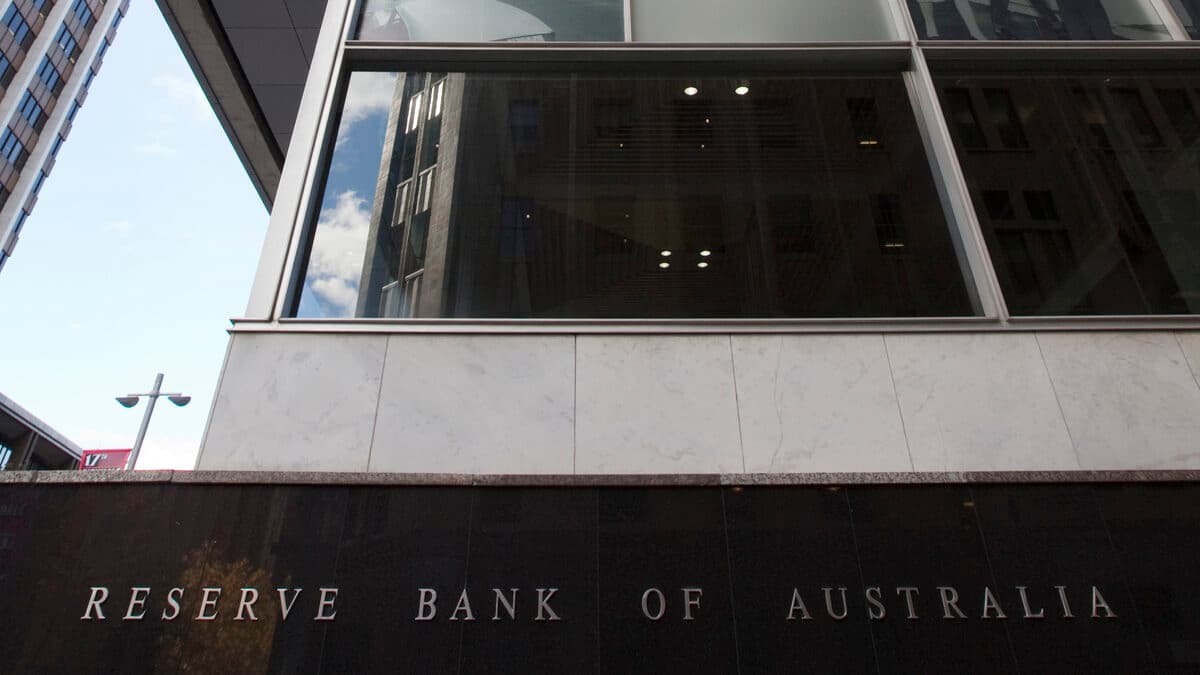The Reserve Bank of Australia (RBA) board has decided to keep the official cash rate – the rate banks pay to lend to and borrow from one another – at 0.1 percent as it expects the economy to recover swiftly. Moreover, the board stated that it will continue to purchase government securities at a weekly rate of $4 billion until at least mid-February 2022.
The interest rate on exchange settlement balances, which is basically the accounts banks have at the RBA, is maintained at zero.
“The Board will not increase the cash rate until actual inflation is sustainably within the 2 to 3 per cent target range. This will require the labour market to be tight enough to generate wages growth that is materially higher than it is currently,” RBA Governor Philip Lowe said in a statement following the central bank’s board meeting.
“This is likely to take some time. The Board is prepared to be patient, with the central forecast being for underlying inflation to be no higher than 2.5 per cent at the end of 2023 and for only a gradual increase in wages growth.”
He also expressed optimism about the recovery, citing increased vaccination rates and a lower underlying inflation rate at 2.1 percent.
“As vaccination rates increase even further and restrictions are eased, the economy is expected to bounce back relatively quickly. The central forecast is for GDP growth of 3 per cent over 2021 and 5.5 per cent and 2.5 per cent over the following two years.
“A further, but only gradual, pick-up in underlying inflation is expected. The central forecast is for underlying inflation of around 2.25 per cent over 2021 and 2022 and 2.5 per cent over 2023,” he added.
RBA to discontinue yield control
However, Mr Lowe stated that the policy of targeting the yield on the April 2024 Australian Government bond to remain at 10 basis points will be discontinued.
“The decision to discontinue the yield target reflects the improvement in the economy and the earlier-than-expected progress towards the inflation target,” he said.
“Given that other market interest rates have moved in response to the increased likelihood of higher inflation and lower unemployment, the effectiveness of the yield target in holding down the general structure of interest rates in Australia has diminished.”
In addition, Bond yields have recently risen and bond market volatility has also risen significantly. The Commonwealth Government’s three-year April 2024 bond target increased to 0.58 percent in October 2021, up from the RBA’s 0.1 percent target. Australia’s financial conditions remain highly favorable, with most lending rates at all-time lows.
In response to the COVID-19 pandemic, the RBA began decreasing interest rates in March of last year, when it cut the cash rate to 0.5%. Later, it dropped rates to 0.25 percent while announcing its intention to target the three-year Australian government bond rate.
The RBA took the monetary policy to new levels in November 2020, after it reduced the cash rate to near zero.
The Delta outbreak drastically reduced the number of hours worked in Australia, but a recovery is now underway. According to the Bank’s business liaison and statistics from job postings, many businesses are now hiring, which will lead to a rise in employment in the coming months, according to the governor.
With lockdowns in Sydney and Melbourne having ended in recent weeks, a strong comeback is expected as demand increases, particularly with the holiday season approaching. Restaurants for indoor eating have reopened, and Australia has allowed for more international travel to restart.
Keep up to date with our stories on LinkedIn, Twitter, Facebook and Instagram.

